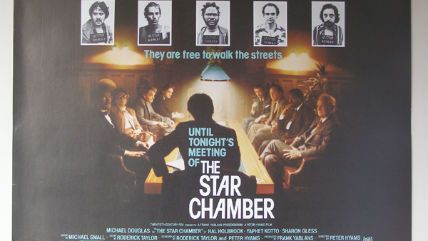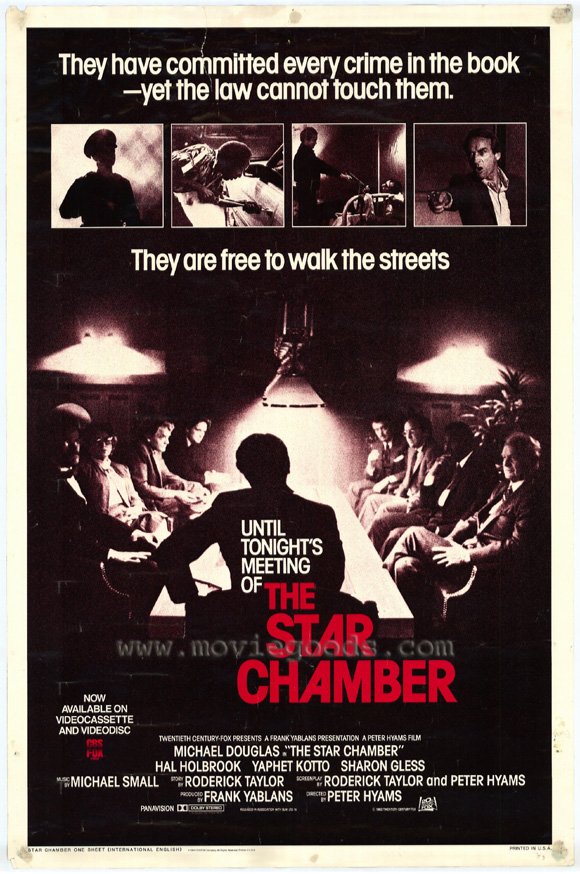Growing Media Chorus Says Presidential Debates Are 'Rigged'
Chicago Tribune, The Atlantic, L.A. Times, Charlotte Observer and others question the 'integrity' of the bipartisan, Libertarian-thwarting Commission on Presidential Debates


Yesterday, for a second time, the Chicago Tribune editorialized in favor of letting Libertarian Party candidate Gary Johnson into the three presidential debates scheduled between Sept. 26 and Oct 19. "The hurdle in Johnson's way," the editorial board correctly observed, "is the terms set by the private, nonpartisan Commission on Presidential Debates."
Those terms, first announced last October and then further clarified two weeks ago, include averaging 15 percent in five pre-selected national polls as of "mid-September." While the CPD's five polls have heretofore been good to Johnson, averaging 10 percent compared to an overall national average of around 8.5 percent, it's also true that the 15 percent threshold itself is an arbitrary creation of an organization created and staffed by the Democratic and Republican parties, and is so high that, if applied retroactively (the CPD was established in 1987 and began applying the 15 percent criteria in 2000), would have excluded every third-party candidate of the last 44 years with the exception of Ross Perot in 1992. "American voters would benefit from hearing [Johnson's] views," the Tribune concluded. "Let's respect the wishes of a dissatisfied electorate and open up the first general election debate to Johnson. Once on that stage, it will be on him to make his mark."
The World's Greatest Newspaper is hardly alone in casting righteous aspersions in the general direction of the Commission on Presidential Debates. The L.A. Times editorialized three weeks back that blocking Johnson and Green Party nominee Jill Stein "would be a disservice to voters," and contribute to the perception that "the debate system is rigged" by the participants: "Rules that limit participation to Democrats and Republicans, while excluding candidates who have a small-but-not-zero chance of winning might understandably be construed as self-dealing." And the Charlotte Observer was even more blunt: "The election isn't rigged, but the presidential debates seem to be."
If it sounds like the CPD has a problem of basic democratic legitimacy, that's because it does. Over at The Atlantic, Nora Kelly has a well-reported piece spelling out the contentious history of the commission, and concluding:
Third parties and their sympathizers have been arguing for years that this shut-out is deeply unfair. And in 2016, their points resonate more than usual. […]
When voters head to the polls in November, most will see Johnson's and Stein's names listed on their ballots. They can't—and shouldn't have to—hear from every candidate running for president; hundreds of varying degrees of seriousness have filed this cycle. But when an election creates exceptions to every campaign rule, it may be worth reviewing whether debates should have exceptions, too. […]
Perhaps no amount of justification […] will stop third parties from questioning the debates' integrity. And […] they may have a point: The commission released its rules for debates in October 2015, well before the first primary contest. In the ensuing months, Trump has remade the GOP, dooming pre-primary favorites like Marco Rubio and Jeb Bush. Senator Bernie Sanders' backers were legion, and cut into Clinton's support. In a norm-defying election year, perhaps the normal 15 percent threshold doesn't work.
You can expect to hear both old parties and their hand-picked commission lament sadly in the coming weeks that rules are rules, etc. But no one died and made the CPD god of our political discourse, or of our scheduling of presidential debates. (This is one of many reasons why the decision by the Iraq and Afghanistan Veterans of America to exclude Johnson from its Sept. 7 candidates' forum is so galling.) If Democrats and Republicans insist on blocking out third-party candidates in a year when both of their nominees are historically unpopular and untrusted, and a Libertarian is polling higher at this stage than any third-party candidate since Ross Perot in 1992, then they are inviting Americans to confer upon them even less legitimacy and respect than we already do.


Show Comments (149)